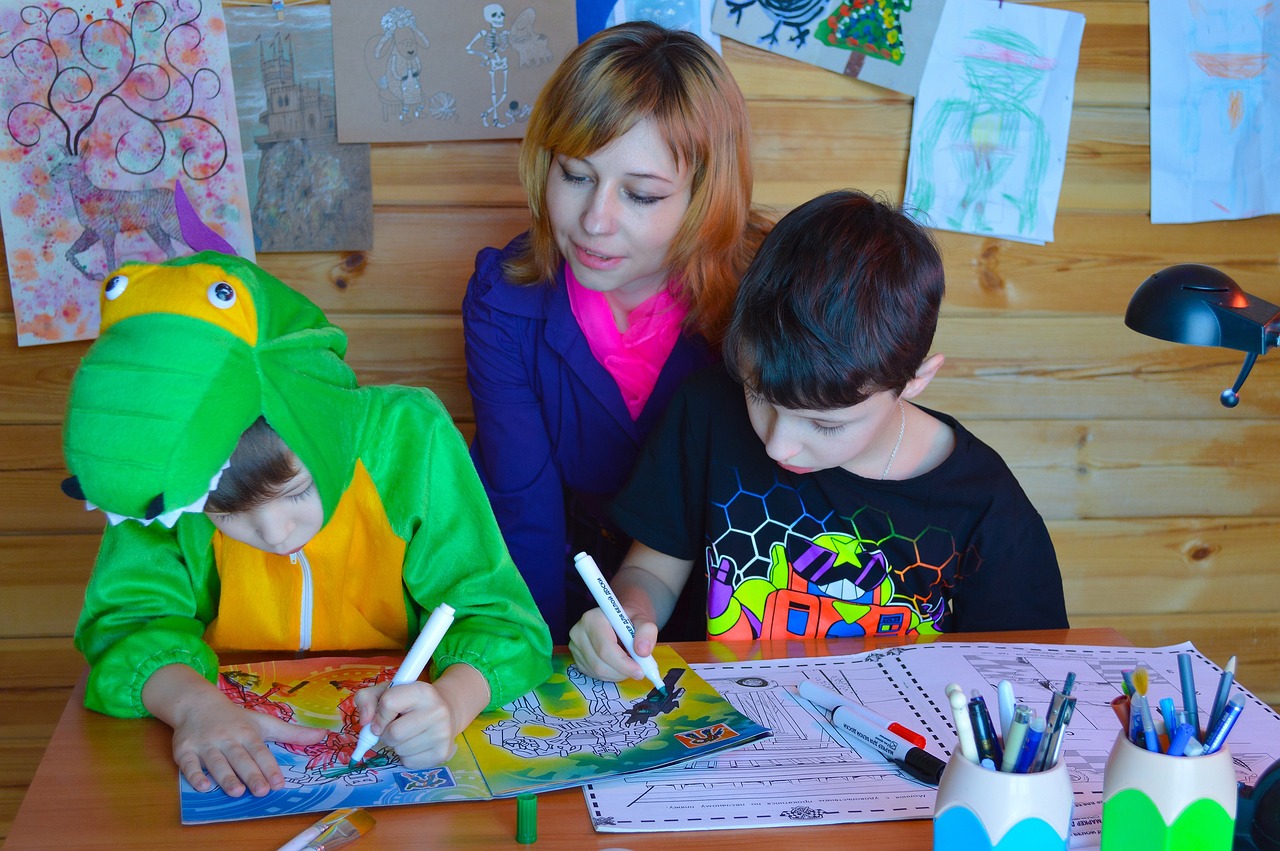Yes, homeschooling is possible in India. Before exploring the concept of homeschooling, it is important to understand the legal framework, benefits, and considerations associated with homeschooling in India.
Table of contents [Show]
What is Homeschooling?
Homeschooling refers to the education of children at home, typically by parents or tutors, rather than attending traditional schools. In India, homeschooling is not widely practiced compared to conventional schooling, but it is gaining recognition as an alternative educational approach.
Is it legally accepted?
Legally, homeschooling falls under the Right to Education (RTE) Act, which mandates compulsory education for children between the ages of 6 and 14. However, the Act does not explicitly address homeschooling, leaving room for interpretation. As a result, the legality and recognition of homeschooling vary across states.
Is it uniform across India?
While homeschooling is not explicitly regulated, it is essential to comply with local education laws. Some states require parents to register with the appropriate education authorities and follow a prescribed curriculum, while others have more flexible regulations or no specific regulations at all.
Before considering homeschooling, research the specific regulations in your state of residence and consult with local education authorities or homeschooling support groups for guidance.
Benefits of Homeschooling:
Homeschooling offers several benefits. It allows for personalized learning experiences tailored to the child's interests, abilities, and learning style. It provides flexibility in terms of scheduling, allowing for a more balanced approach to education, including extracurricular activities and travel opportunities. Homeschooled children often have closer relationships with their parents and can receive individual attention, promoting a deeper understanding of subjects.
Challenges:
However, homeschooling also comes with considerations. It requires dedicated time, effort, and resources from parents or tutors who serve as educators. Building a structured curriculum, accessing educational materials, and providing socialization opportunities become the responsibility of the parents. Additionally, homeschooling may limit the child's exposure to a diverse peer group, which is a crucial aspect of conventional schooling.
Before embarking on homeschooling, carefully evaluate your family's resources, commitment, and the child's unique educational needs. Consider seeking advice from experienced homeschooling families or joining local homeschooling communities to gain insights and support.








